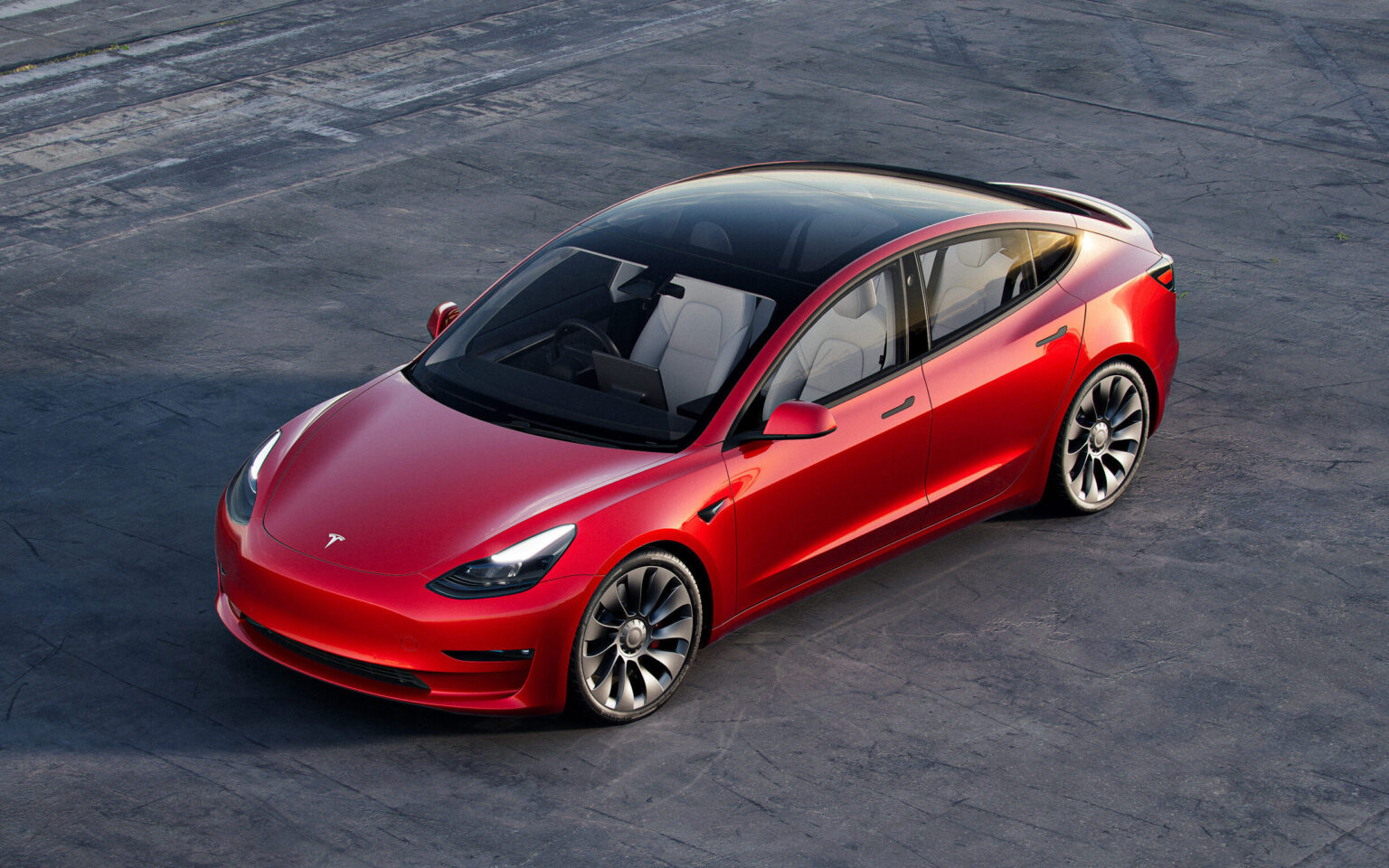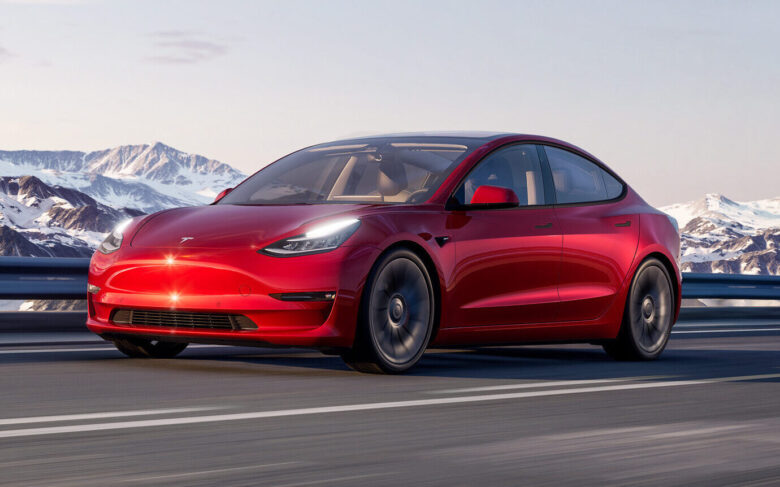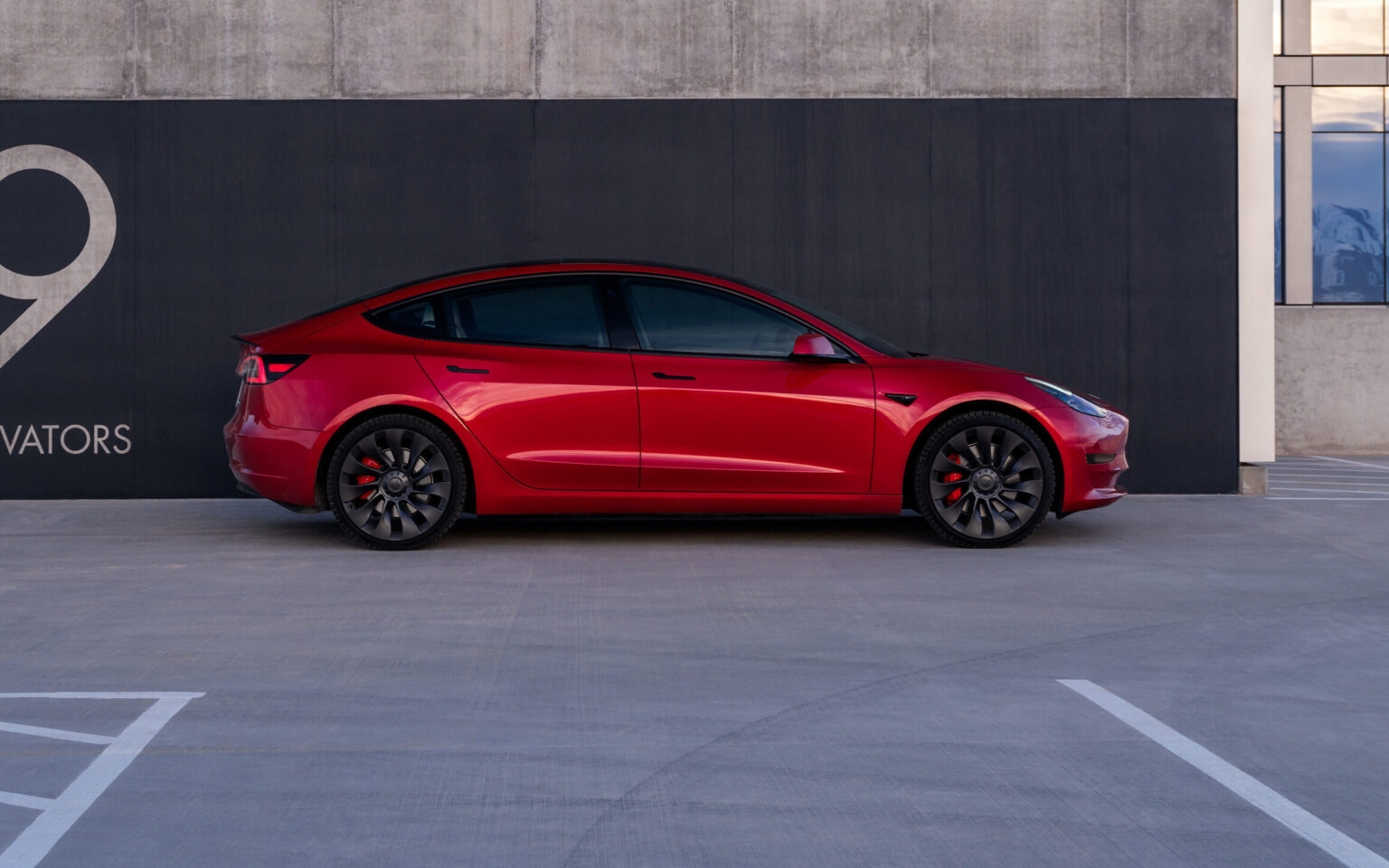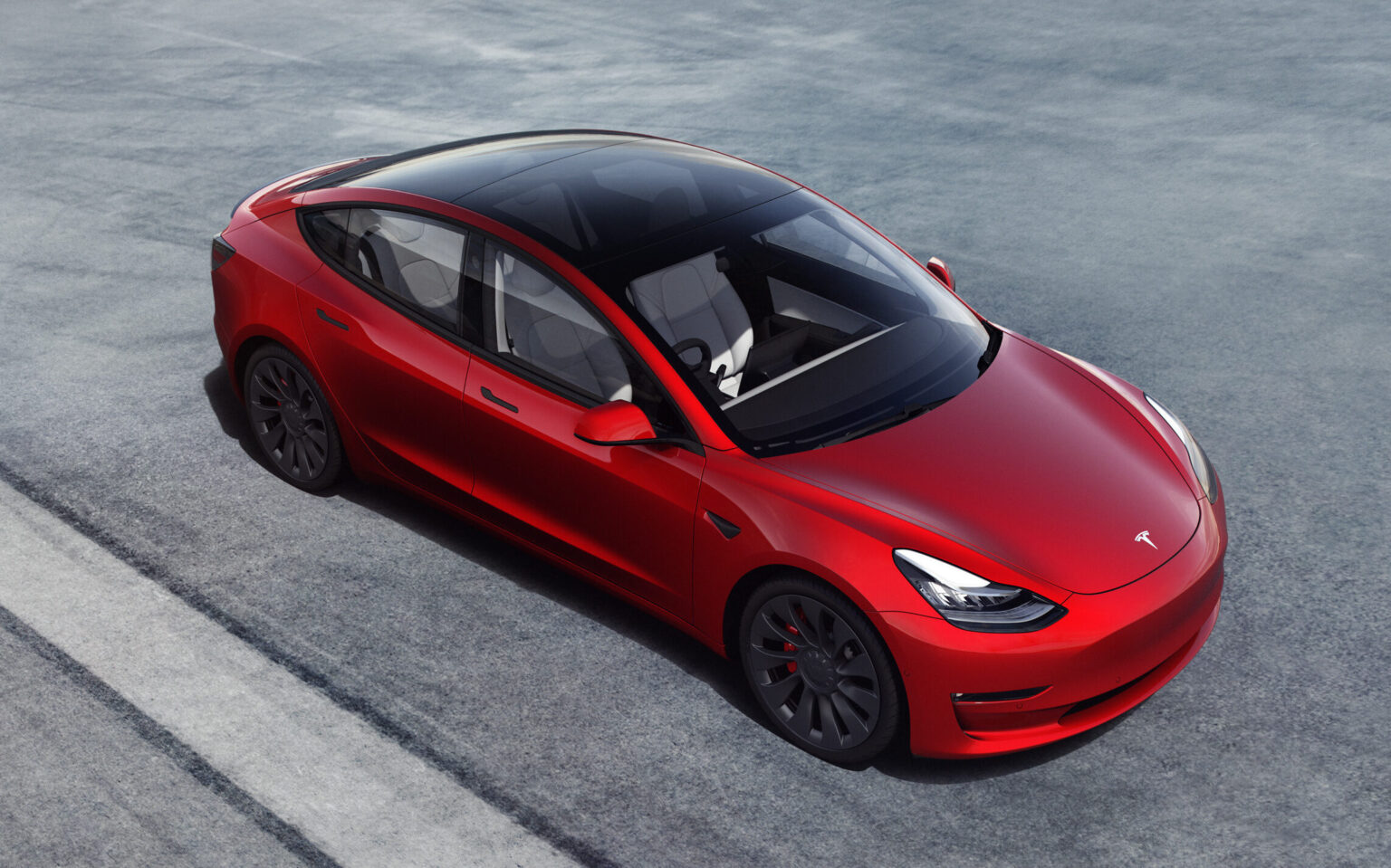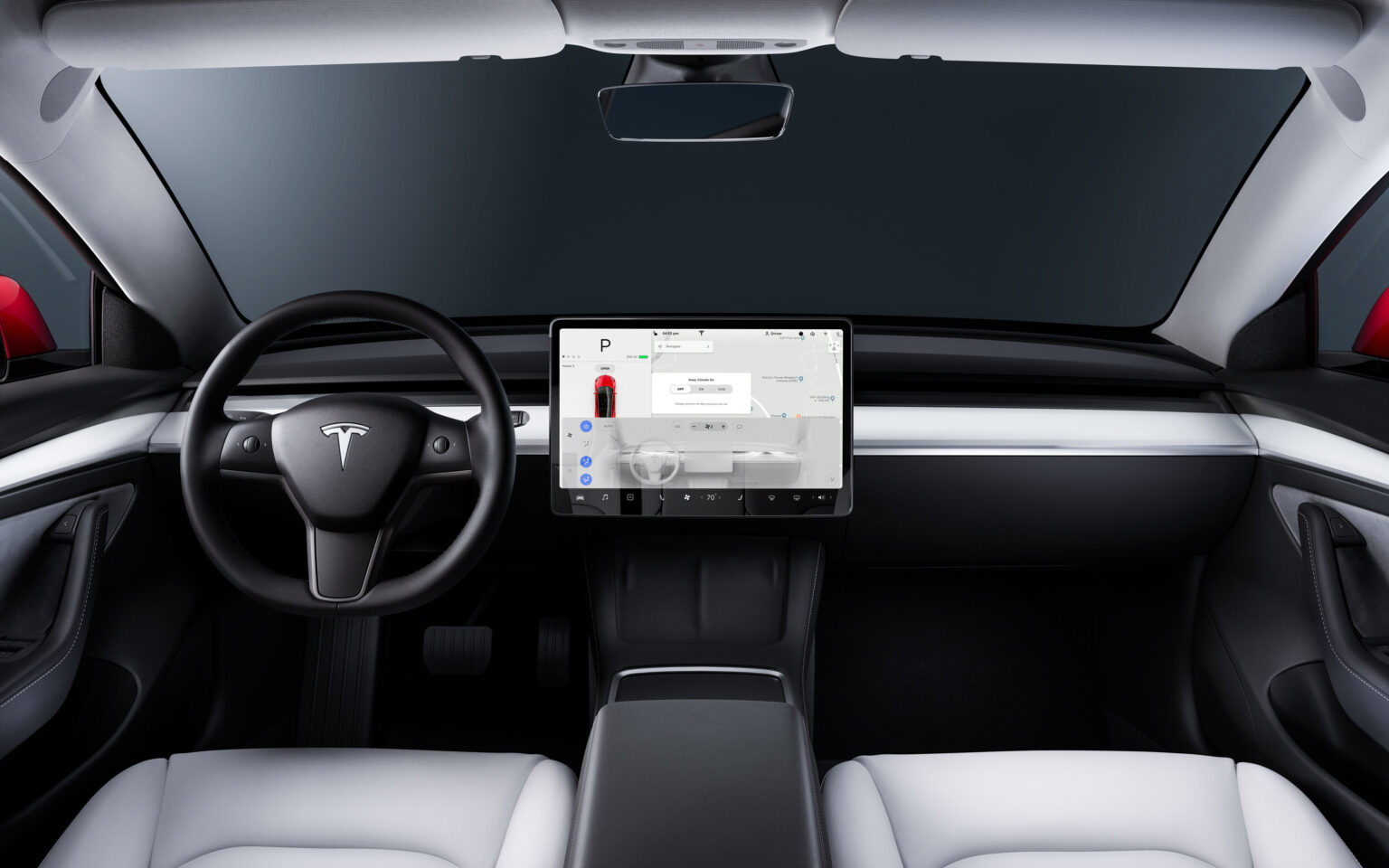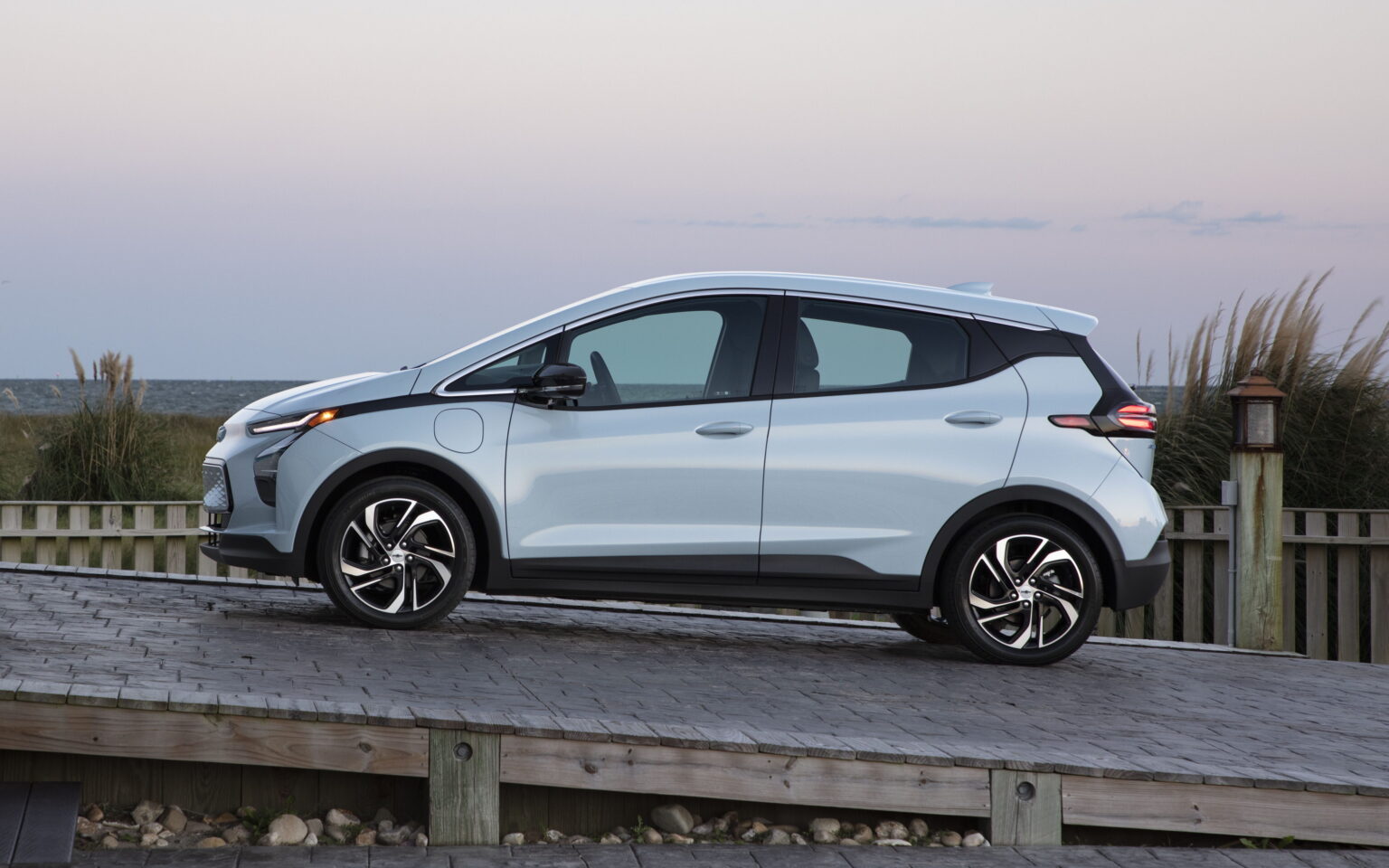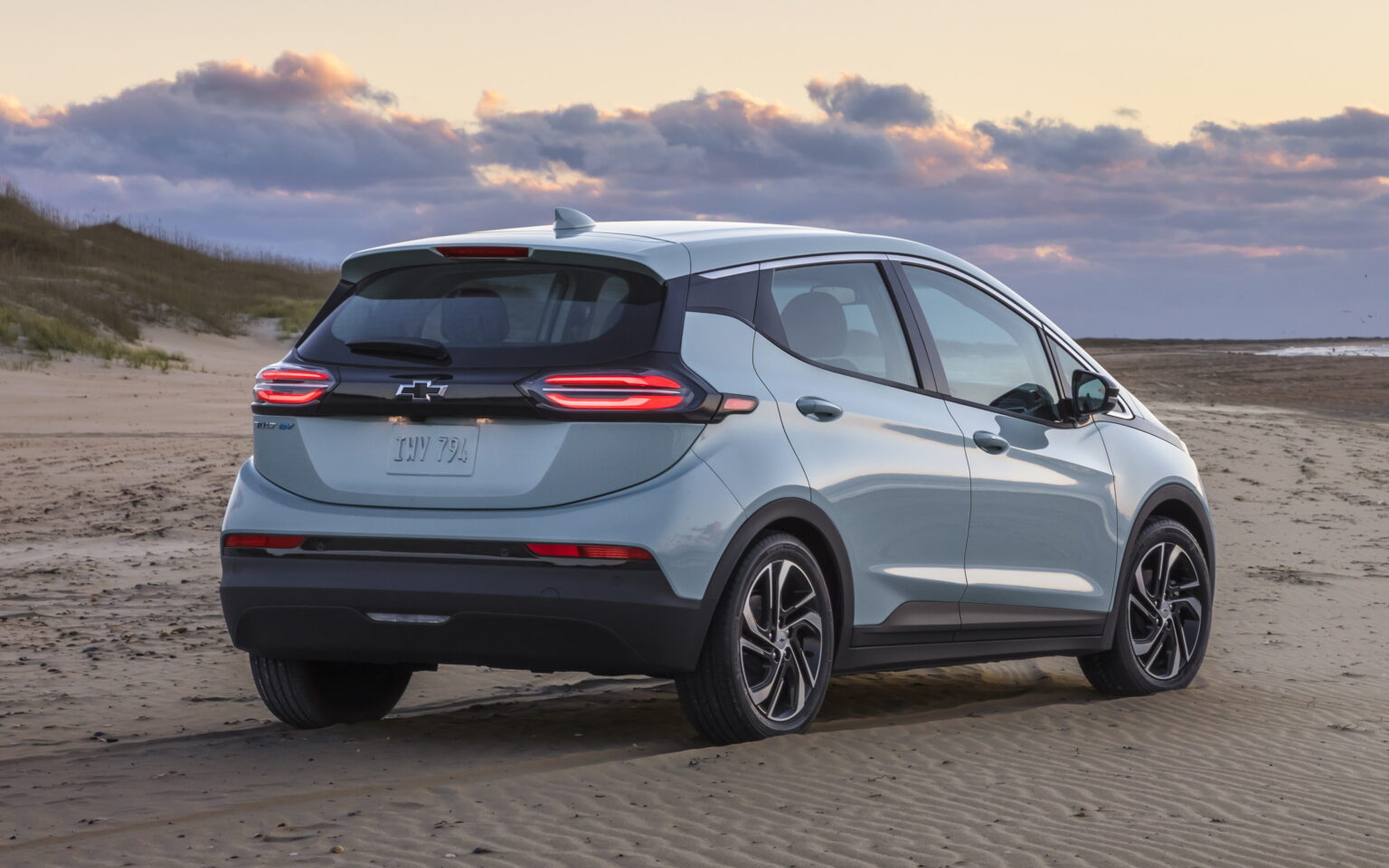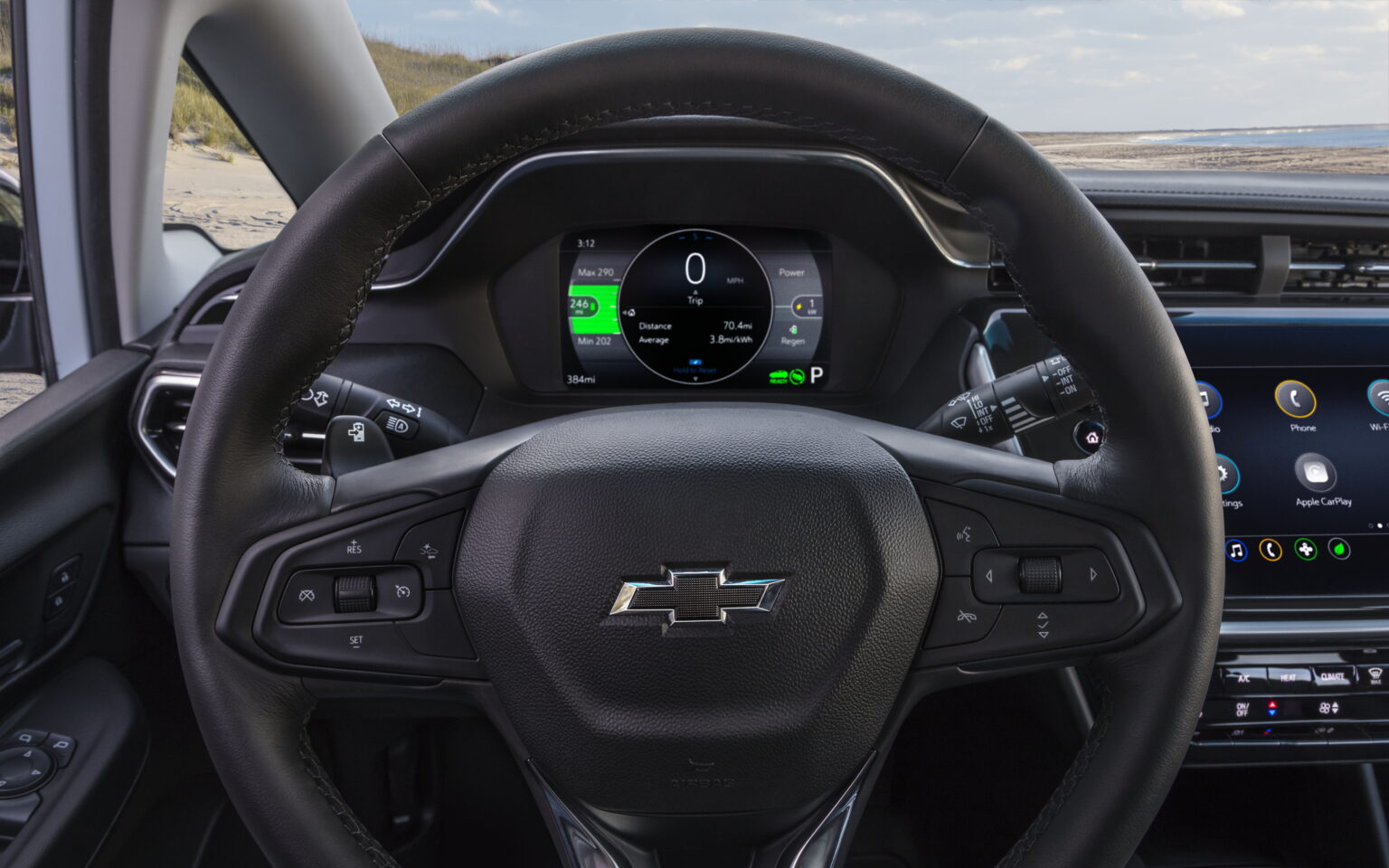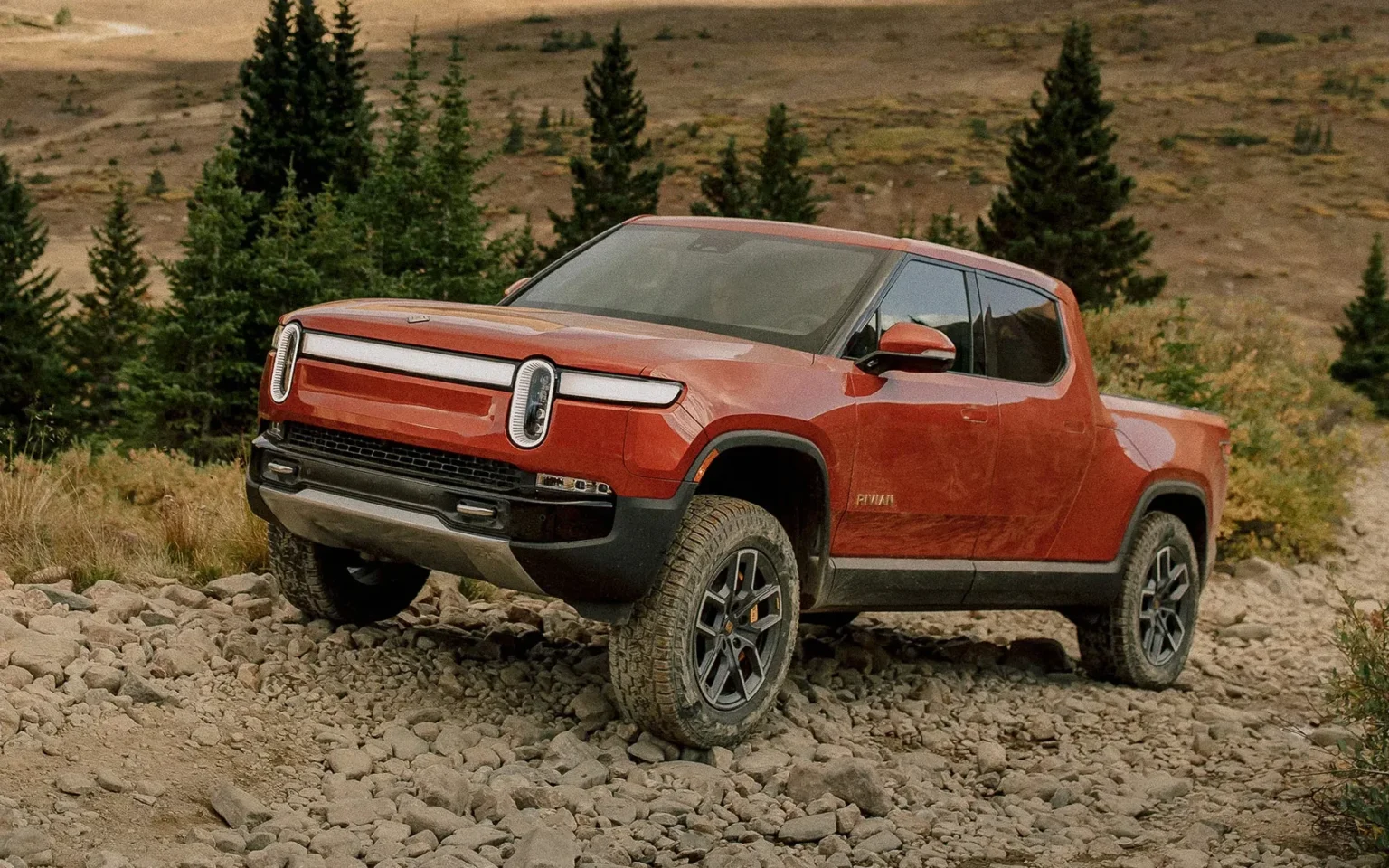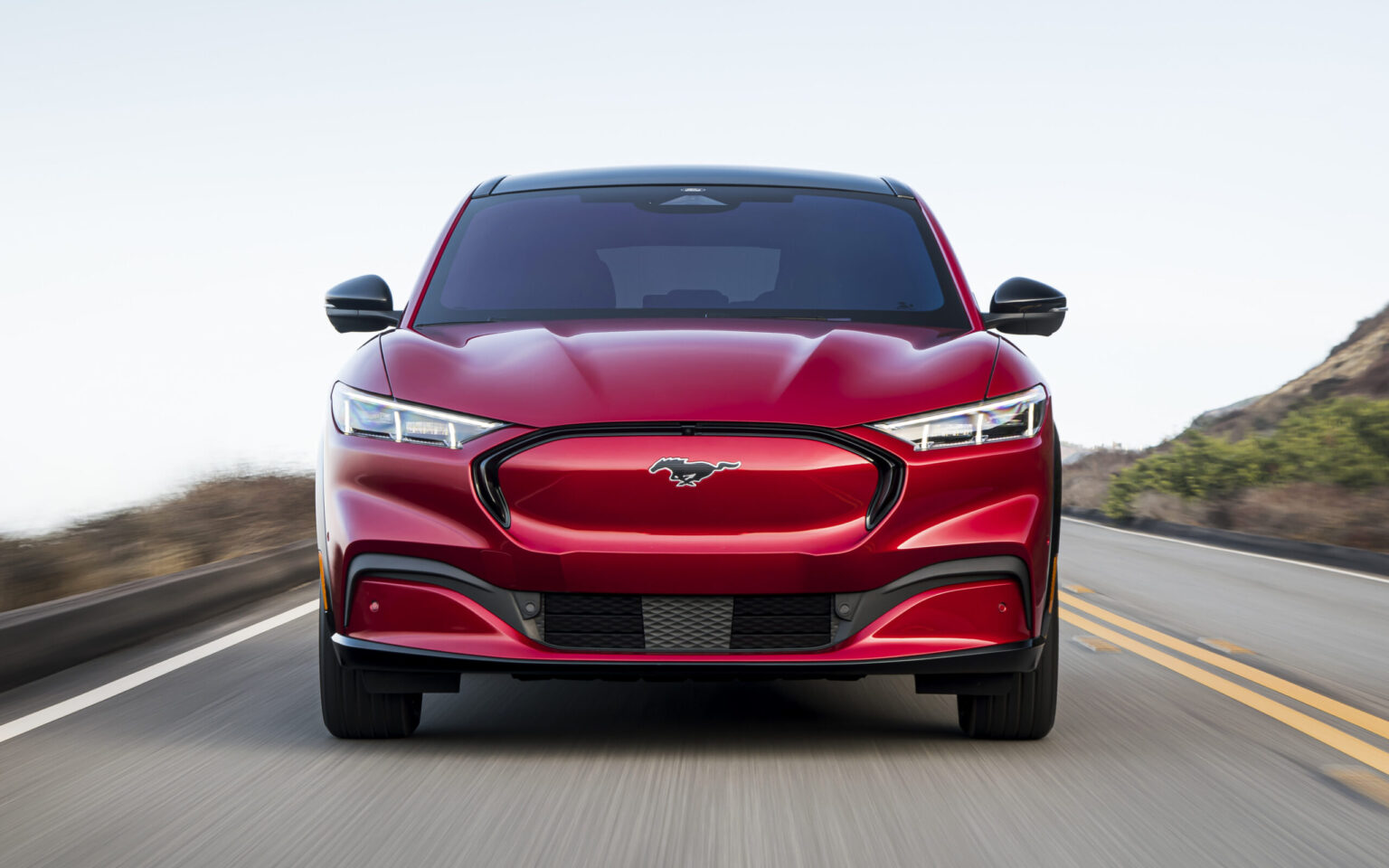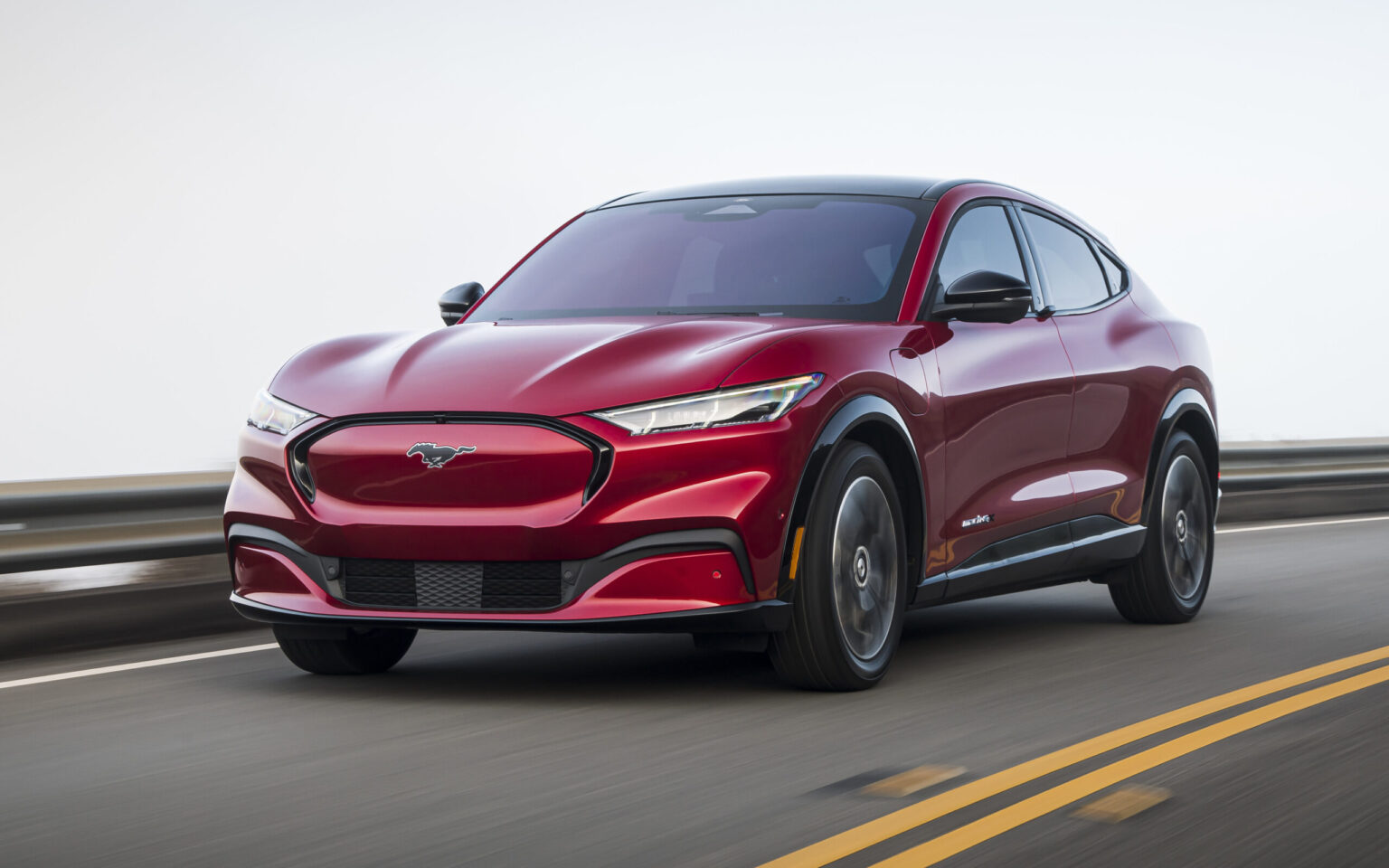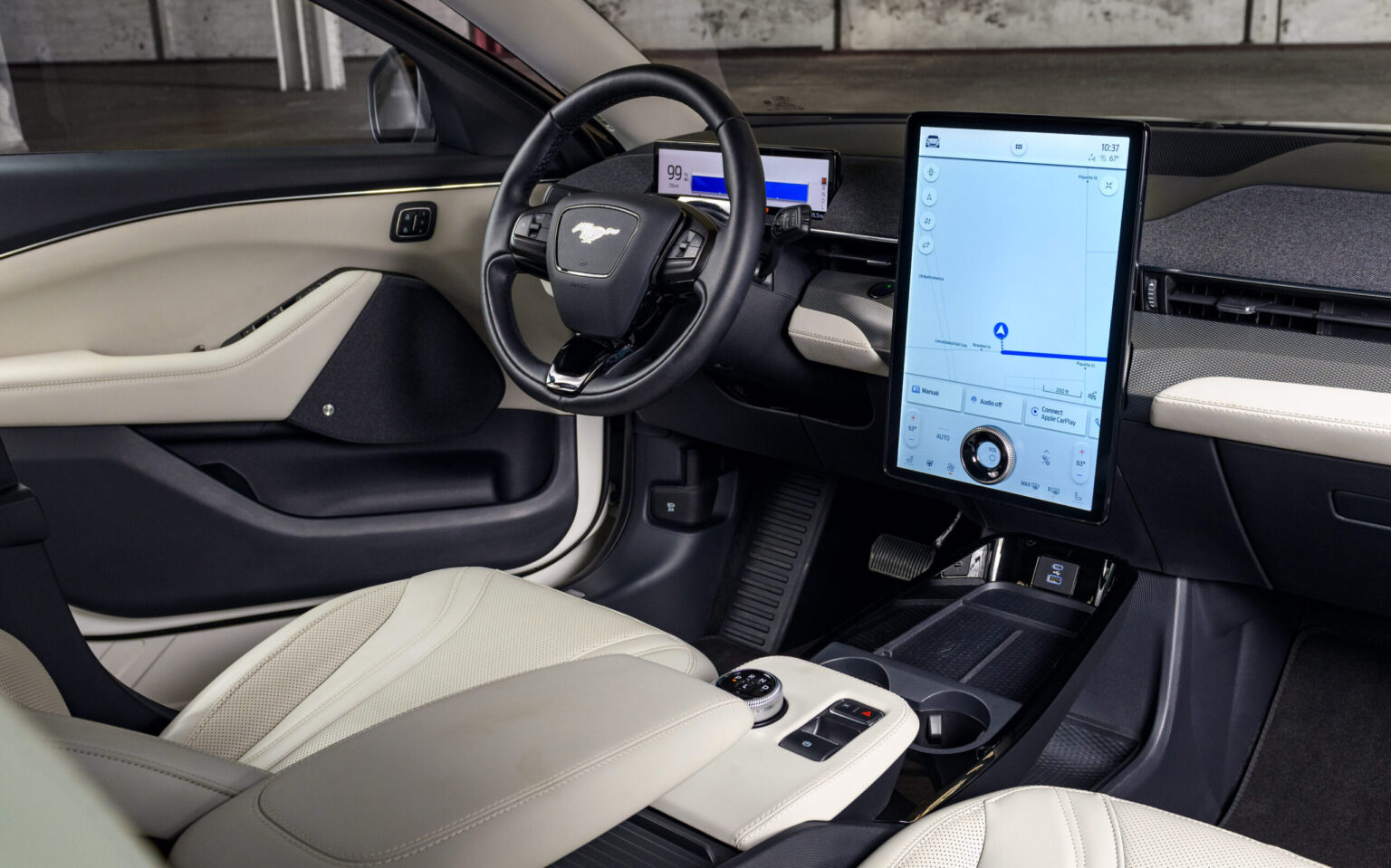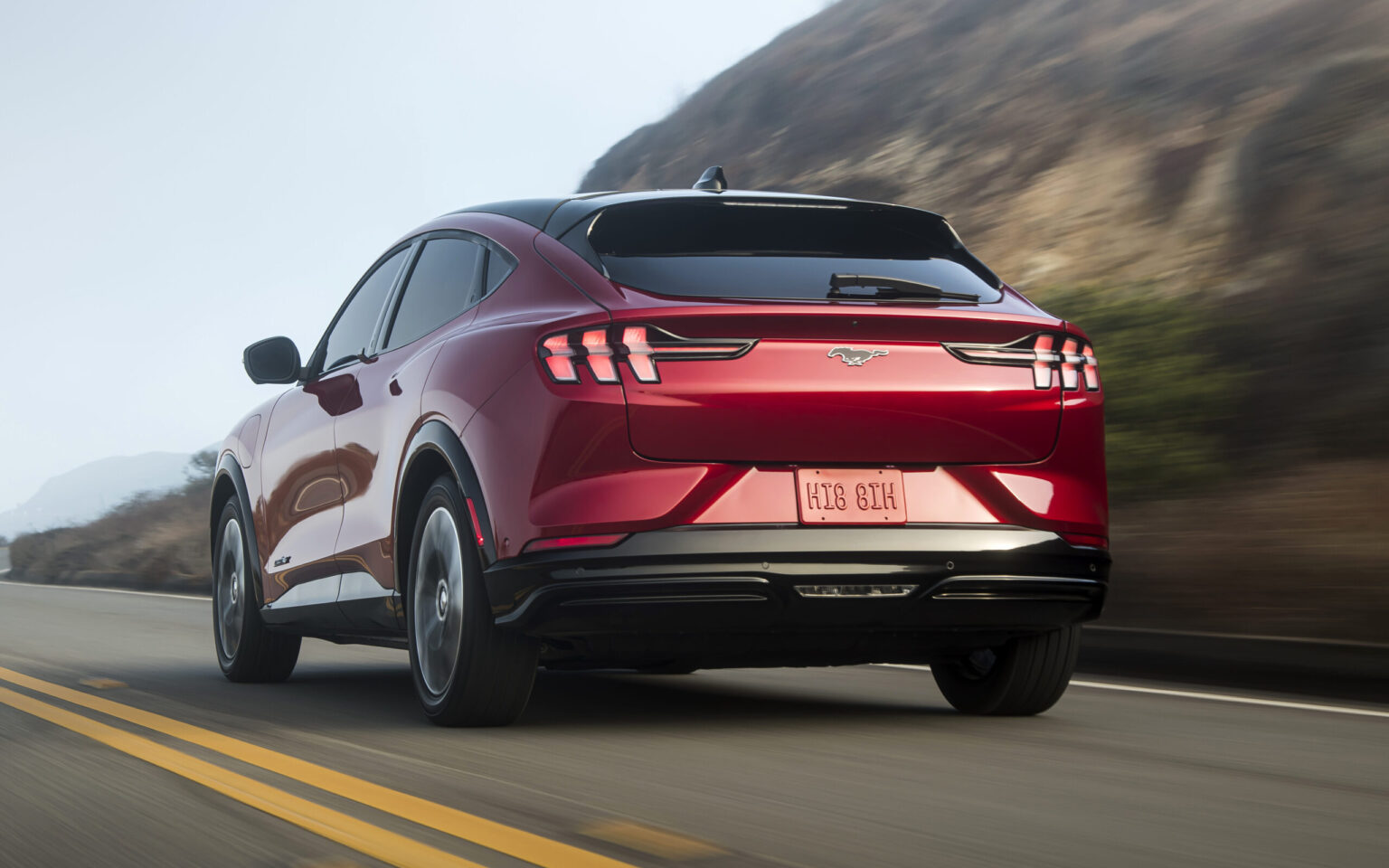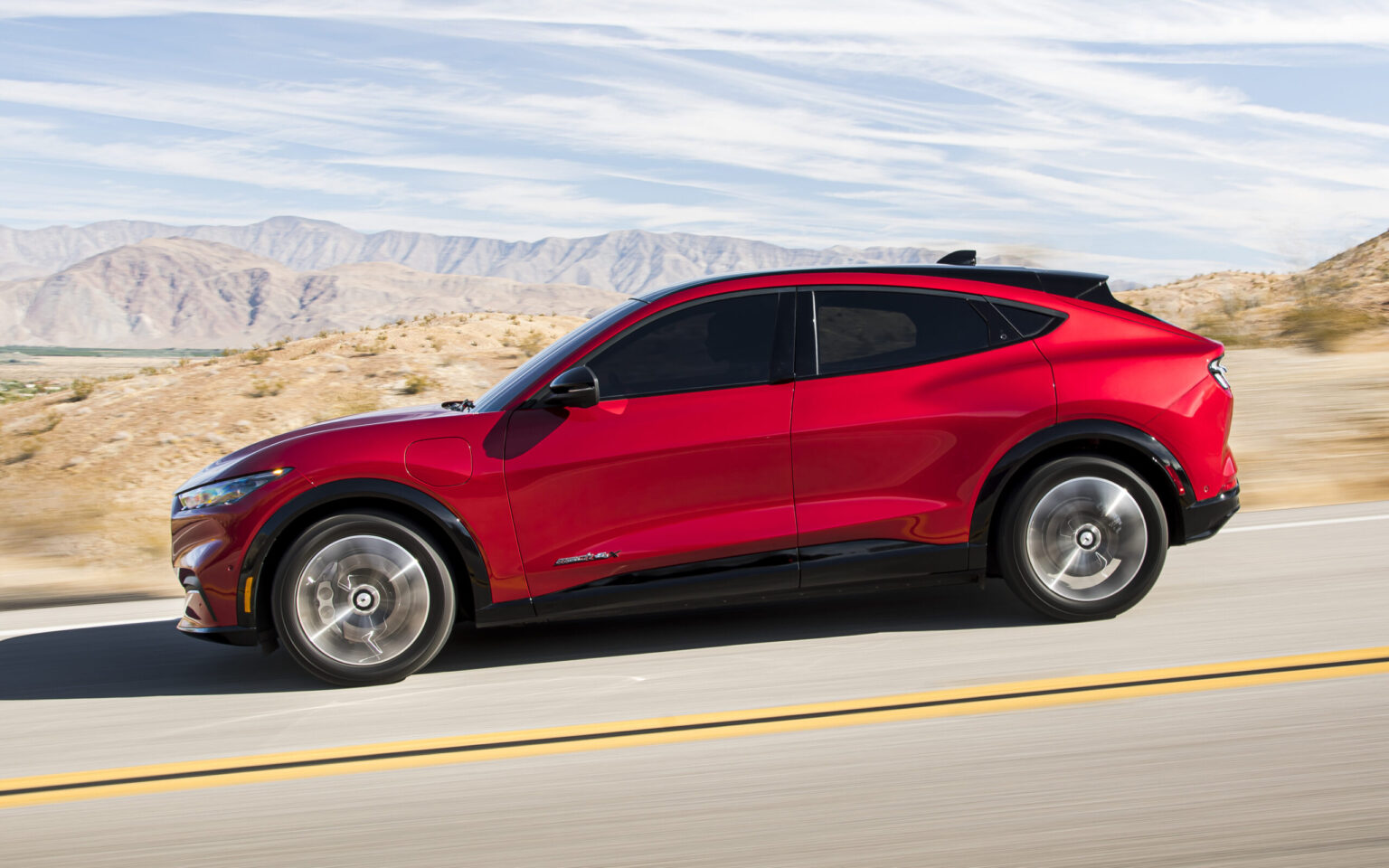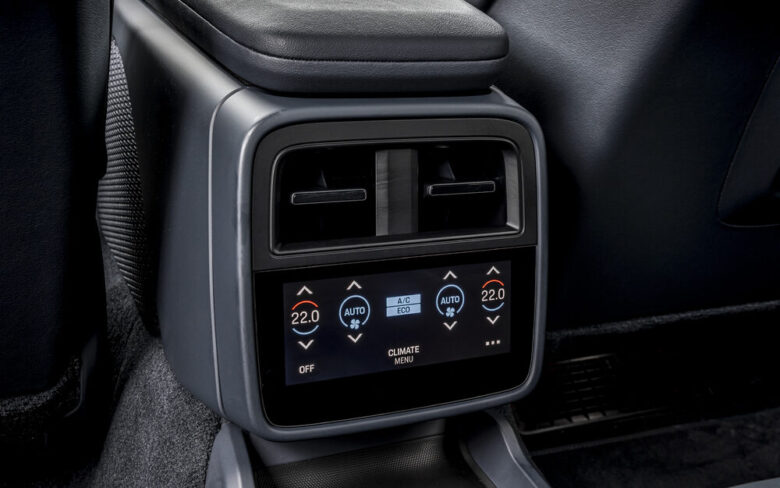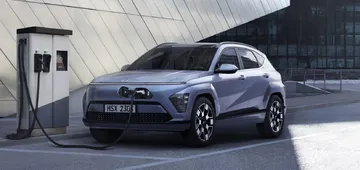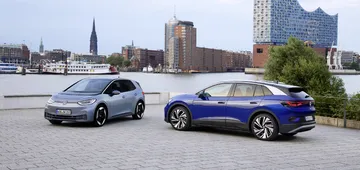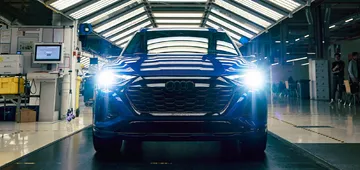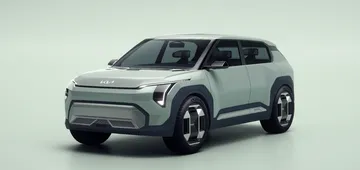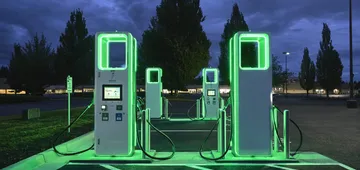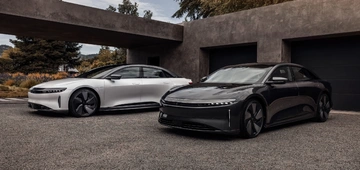Do Electric Cars Use Oil: Unveiling the Truth
In the world of electric vehicles, a common question is, "Do electric cars use oil?" The answer is nuanced, hinging on the understanding of different types of 'oil' and their roles within a vehicle. Traditional internal combustion engine vehicles rely on oil primarily as an engine lubricant. However, in the realm of EVs, which operate on electric motors, this conventional engine oil becomes obsolete. Electric cars lack the traditional engines found in gasoline or diesel vehicles, eliminating the need for oil changes – a significant departure from the regular maintenance routine.
Nonetheless, it's important to recognize that electric vehicles aren't entirely oil-free. Many EVs incorporate gearboxes that require lubrication for efficient operation. This lubrication is provided by a specialized oil designed explicitly for electric vehicles. Unlike traditional engine oil, this EV-specific oil focuses on ensuring smooth gear functioning rather than combatting high-temperature wear and tear. Consequently, while electric cars transform the concept of vehicle propulsion, they still rely on specific oils tailored to their needs for optimal performance and longevity.
In the case of the Tesla Model 3, a leading electric vehicle, the traditional concept of engine oil is irrelevant. This model, like other EVs, is powered by an electric motor, eliminating the need for the lubricating oil used in internal combustion engines. Owners of the Tesla Model 3 enjoy the benefit of not requiring regular oil changes, a routine maintenance task for gasoline vehicles.
Engine Oil: A Thing of the Past in EVs
The most familiar use of oil in traditional vehicles is as a lubricant for the internal combustion engine. In this context, EVs do not use oil. Electric cars operate on electric motors, which do not require the type of oil used in internal combustion engines for lubrication and cooling. This absence of an engine means no oil changes, a significant maintenance aspect of traditional vehicles.
The Chevrolet Bolt exemplifies the shift away from engine oil in EVs. Its electric motor operation means there's no need for the oil that internal combustion engines require. This transition signifies a fundamental change in vehicle maintenance for EV owners, including those of the Bolt.
Gearbox Oil In Electric Cars: Still a Necessity
However, this doesn’t mean EVs are entirely oil-free. Electric cars often have a Gearbox, and like any Transmission, it requires lubrication to function effectively. This lubrication is achieved using a special type of oil designed for electric vehicles. The purpose of this oil is different from the traditional engine oil. It's typically less about combating wear and tear caused by high temperatures and more about ensuring the smooth operation of the gears.
The Rivian R1T, a cutting-edge electric pickup truck, also necessitates gearbox oil. Despite its robust and advanced design, the R1T's gearbox still requires specialized lubrication. This oil is formulated specifically for electric vehicles, ensuring the smooth operation of its transmission.
Cooling and Insulating Properties in EV
In addition to lubrication, the oil used in EV gearboxes often has cooling and insulating properties. Electric motors and batteries generate heat, and managing this heat is crucial for the efficiency and longevity of the vehicle. The oil helps dissipate heat away from the motor and other components. Furthermore, given the electrical nature of EVs, the oil must have dielectric properties to act as an insulator against electric currents.
In cars such as the Ford Mustang Mach-E, it's important to note that gearbox oil serves a dual purpose: not only does it facilitate smooth gear operation, but it also plays a critical role in regulating temperature and providing insulation. This becomes especially significant in electric vehicles like the Mach-E, where managing heat generated by the electric motor and battery is paramount. Additionally, the insulating properties of the gearbox oil contribute to the overall safety and efficiency of this electrically-driven vehicle.
Regular maintenance of these systems is therefore vital. Owners should adhere to the manufacturer's recommended schedule for oil changes in the gearbox. Despite the reduced number of moving parts in an electric vehicle, this aspect of maintenance remains crucial. It ensures optimal performance, prevents overheating, and safeguards the vehicle's electrical systems. Ignoring these maintenance requirements could lead to decreased efficiency, potential damage, or even safety risks.
Extended Efficiency of Elecric Cars
Another fascinating and often overlooked aspect of the specialized oil used in electric vehicles is its potential to significantly enhance their overall efficiency. This specialized lubrication serves a crucial role in reducing friction, ultimately resulting in a noticeable improvement in the vehicle's range on a single charge. While this performance boost might be relatively subtle, it undeniably contributes to the holistic efficiency of the electric vehicle, making it an even more compelling choice for environmentally conscious consumers.
Within the Porsche Taycan, a luxurious electric sports car, it's worth noting that the gearbox oil serves a dual purpose - not only does it provide lubrication, but it also plays a crucial role in enhancing the car's overall efficiency. This specialized oil works to minimize friction in the transmission system, which could potentially lead to improvements in the Taycan's range and overall performance. This dual-action contribution certainly adds to the allure of the Taycan as a high-performance electric vehicle.
Conclusion and Answering the Question: "Do electric cars use oil?"
In conclusion, while electric cars do not require the traditional engine oil associated with internal combustion engines, they do use specialized oils for their gearboxes and electric motors. These oils play a crucial role in the smooth operation, cooling, and electrical insulation of EV components. Understanding this aspect of EV maintenance underscores the evolving nature of vehicle care in the era of electric mobility. Electric cars, therefore, represent a shift not just in how we power our vehicles, but also in how we maintain them.
FAQ: Do Electric Cars Use Oil?
In the immediate future, maintaining electric vehicles does prove to be a more straightforward task when compared to traditional gasoline or diesel-powered cars. The key reason behind this simplicity is the fact that EVs boast fewer moving components within their engines. Unlike internal combustion engines, electric car motors eliminate the need for activities like oil changes, fuel filter replacements, spark plug swaps, or emission inspections. Thanks to their streamlined design, the primary maintenance responsibilities for an EV owner are relatively minor, encompassing tasks such as greasing door hinges and verifying tire inflation levels.
Electric vehicles do not require oil, but certain models might still need transmission fluid. While this isn't a widespread requirement, it's crucial for EV owners or potential buyers to be aware of their specific vehicle's needs. To ensure proper maintenance, it's recommended to check the owner's manual of the EV to confirm if there's a need for transmission fluid and adhere to any specified guidelines.
Just like all modern vehicles, electric vehicles (EVs) also come equipped with an engine management system embedded in their software. Typically, an EV is configured with the latest software upon purchase. However, many EV manufacturers now offer the convenience of over-the-air updates, allowing them to remotely upgrade your vehicle with new features and enhancements. This advancement in technology eliminates the need for software updates at a dealership, providing you with the latest functionalities and improvements in efficiency right from the comfort of your home. For EV drivers looking to keep their software up-to-date, it's advisable to contact the manufacturer for guidance on receiving these updates.
Electric vehicles, despite their unique power sources, still rely on brake pads for stopping, necessitating regular checks and replacements. However, the wear on brake pads in EVs tends to be less severe compared to traditional vehicles, thanks to the regenerative braking system employed in EVs. This innovative system not only aids in braking but also converts kinetic energy back into electrical energy, contributing to the vehicle's power. As a result, brake pads in EVs usually require less frequent servicing. The regenerative braking system plays a vital role in both the safety and power generation of EVs, making its inspection a crucial aspect of electric car maintenance.
Just as with traditional combustion engine vehicles, electric vehicles (EVs) also face challenges related to managing heat. In EVs, this is primarily concerned with the heat generated by the lithium-ion battery. To address this, electric vehicles are equipped with a cooling system that regulates the temperature of key components such as the battery and the power inverter, which are vital for the vehicle's performance and safety. Additionally, this system also contributes to the efficiency of the cabin heater. Regular checks and maintenance of the battery coolant in an EV are essential to ensure the smooth functioning of these critical components.
Electric cars do not use oil in the same way traditional vehicles do. Internal combustion engine vehicles require oil primarily as an engine lubricant. However, electric vehicles (EVs), which operate on electric motors, do not need this type of oil for lubrication and cooling, thus eliminating the need for oil changes. Nevertheless, EVs are not entirely oil-free. They often have gearboxes that need lubrication for efficient operation, achieved using a special type of oil designed for electric vehicles. This oil differs from traditional engine oil, focusing on ensuring smooth gear functioning and less on combating high-temperature wear and tear. Additionally, the oil used in EV gearboxes often has cooling and insulating properties, helping to manage heat generated by electric motors and batteries, crucial for the vehicle's efficiency and longevity. This oil also has dielectric properties to act as an insulator against electric currents. Moreover, this specialized lubrication can enhance overall efficiency, reducing friction and potentially improving the vehicle's range on a single charge.
Electric cars require less lubrication than traditional internal combustion engine vehicles. Their electric motors and single-speed gearboxes need lubrication, but the quantity and frequency are significantly less. Specialized lubricants are used to reduce friction, manage heat, and protect against wear in these components. Additionally, other parts like wheel bearings and suspension systems also require standard lubrication. Overall, electric vehicles have fewer moving parts, reducing the need for extensive lubrication maintenance.
Electric cars require less maintenance than traditional gas vehicles. Key areas include the battery, which may need eventual replacement, the electric motor, which is simpler and more durable than internal combustion engines, and the braking system, which often lasts longer due to regenerative braking reducing wear. Regular checks of the cooling system, tire rotations, and updates to the software are also recommended. Fluids like brake fluid and coolant still need periodic replacement.
For a deeper dive into the world of electric vehicles, take a look at the article of the Are Electric Cars Worth It, which offers a detailed look at EVs. Additionally, we made the article about Pros and Cons of Electric Cars.
